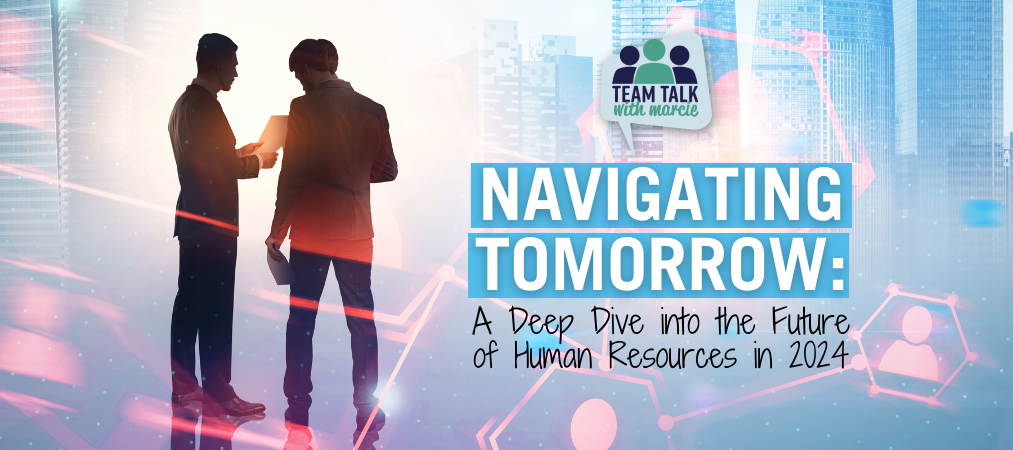Man-made brainpower (simulated intelligence) has arisen as a groundbreaking power, reshaping ventures and on a very basic level changing the idea of work. As artificial intelligence innovations keep on propelling, the effect on the fate of work is both significant and complex. This article digs into the different manners by which computer based intelligence is affecting the labor force, authoritative,Navigating, designs, and the actual texture of how we approach work in the 21st hundred years.
Automation and Job Displacement:
One of the most talked about parts of man-made intelligence’s effect on work is the mechanization of standard and monotonous errands. Artificial intelligence fueled machines and robots can play out specific assignments more productively and precisely than people. While this prompts expanded efficiency, it additionally raises worries about work uprooting. Routine errands in assembling, client care, and information passage, among others, are vulnerable to robotization, provoking a change in the ranges of abilities requested by the gig market.
Augmentation of Human Capabilities:
As opposed to the story of occupation removal, simulated intelligence can possibly increase human capacities, prompting the production of new jobs and open doors. Man-made intelligence frameworks can deal with commonplace undertakings, opening up human laborers to zero in on more complicated, imaginative, and esteem added parts of their positions. This expansion of human capacities can bring about expanded work fulfillment and the capacity to saddle the maximum capacity of both human and machine knowledge.
Evolution of Skill Requirements:
As artificial intelligence turns out to be more predominant in the working environment, the interest for explicit abilities is going through a huge change. While routine undertakings might be robotized, there is a developing requirement for abilities that supplement computer based intelligence, like decisive reasoning, imagination, the capacity to understand people at their core, and complex critical thinking. The future labor force will be described by people who can team up actually with simulated intelligence frameworks, adjust to mechanical changes, and consistently update their ranges of abilities.
AI in Decision-Making Processes:
Artificial intelligence’s capacity to examine tremendous measures of information continuously is altering dynamic cycles inside associations. From prescient examination to customized proposals, man-made intelligence is helping pioneers in going with more educated and information driven choices. Notwithstanding, the reconciliation of computer based intelligence in navigation likewise raises moral contemplations and the requirement for straightforwardness to guarantee that choices line up with human qualities and cultural standards.
Flexible Work Arrangements:
AI is facilitating the rise of flexible work arrangements. Remote work, gig economy platforms, and flexible scheduling are becoming increasingly prevalent, enabled by AI-driven communication tools, project management platforms, and collaboration software. This shift towards flexibility is altering traditional notions of the workplace, allowing individuals to contribute to projects and teams from virtually anywhere.
AI in Talent Acquisition:
Human resources and talent acquisition processes are being enhanced by AI. From resume screening to candidate matching and predictive analytics for employee success, AI is streamlining and optimizing the hiring process. This not only saves time for HR professionals but also ensures a more objective and data-driven approach to talent acquisition.
Continuous Learning and Upskilling:
The dynamic nature of AI technologies necessitates a culture of continuous learning and upskilling within organizations. Employees must adapt to evolving technologies and acquire new skills to remain relevant in the workforce. Companies that invest in training programs, online courses, and AI-based learning platforms are better positioned to foster a workforce that can navigating the challenges and opportunities presented by AI.
Enhanced Customer Experience:
AI is playing a crucial role in enhancing customer experiences across various industries. Chatbots, virtual assistants, and personalized recommendations driven by AI algorithms Navigating to improved customer satisfaction. The ability to analyze customer data enables businesses to tailor their products and services, anticipating customer needs and providing a more personalized and efficient service.
Challenges and Considerations:
While the impact of AI on the future of work is undeniably transformative, it comes with a set of challenges that must be addressed:
Ethical Concerns and Bias:
AI systems are only as unbiased as the data they are trained on. Issues of bias in AI algorithms and ethical considerations surrounding AI use, especially in decision-making processes, require careful attention. Ensuring fairness, transparency, and accountability in AI applications is essential for mitigating ethical concerns.
Job Displacement and Inequality:
The potential for job displacement due to automation raises concerns about growing inequality. Certain industries and job roles may be more susceptible to automation, leading to economic disparities. Addressing these challenges requires proactive policies, social programs, and strategies for reskilling and upskilling the workforce.
Privacy and Data Security:
The increased reliance on AI for data analysis and decision-making raises privacy and data security concerns. Protecting sensitive information and ensuring compliance with data protection regulations are critical considerations in the deployment of AI technologies.
Resistance to Change:
The Navigating of AI into the workplace may face resistance from employees uncomfortable with technology-driven changes. Fostering a culture of openness, communication, and providing support for employees to adapt to new technologies is crucial for successful AI adoption.
Overreliance on AI:
While AI can enhance decision-making processes, an overreliance on AI without human oversight can lead to unintended consequences. Human judgment, ethical considerations, and contextual understanding are essential components that should complement AI technologies rather than be replaced by them.
Conclusion:
From automation and augmentation of human capabilities to the evolution of skill requirements and flexible work arrangements, AI is reshaping the workplace in unprecedented ways. As we navigating this transformative era, addressing ethical concerns, mitigating biases, and ensuring inclusivity are paramount.
The future of work is not about humans versus machines but rather a collaboration between the two. Embracing this collaboration requires a commitment to continuous learning, adaptability, and a thoughtful approach to the ethical and societal implications of AI. By navigating the transformative impact of AI on the future of work with foresight and ethical considerations, we can harness its potential to create a more dynamic, inclusive, and innovative workforce.












+ There are no comments
Add yours